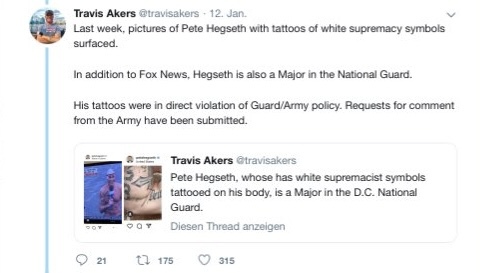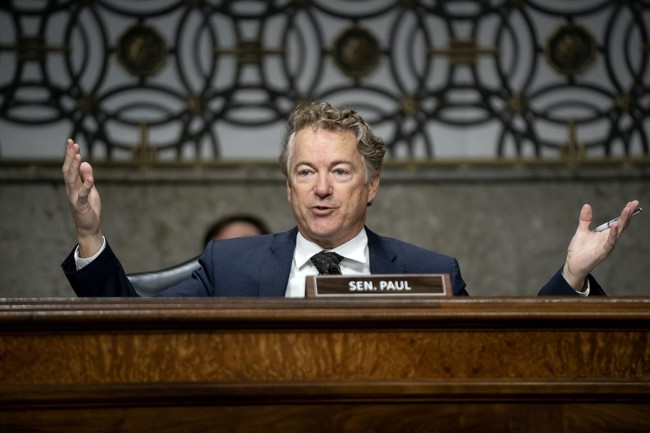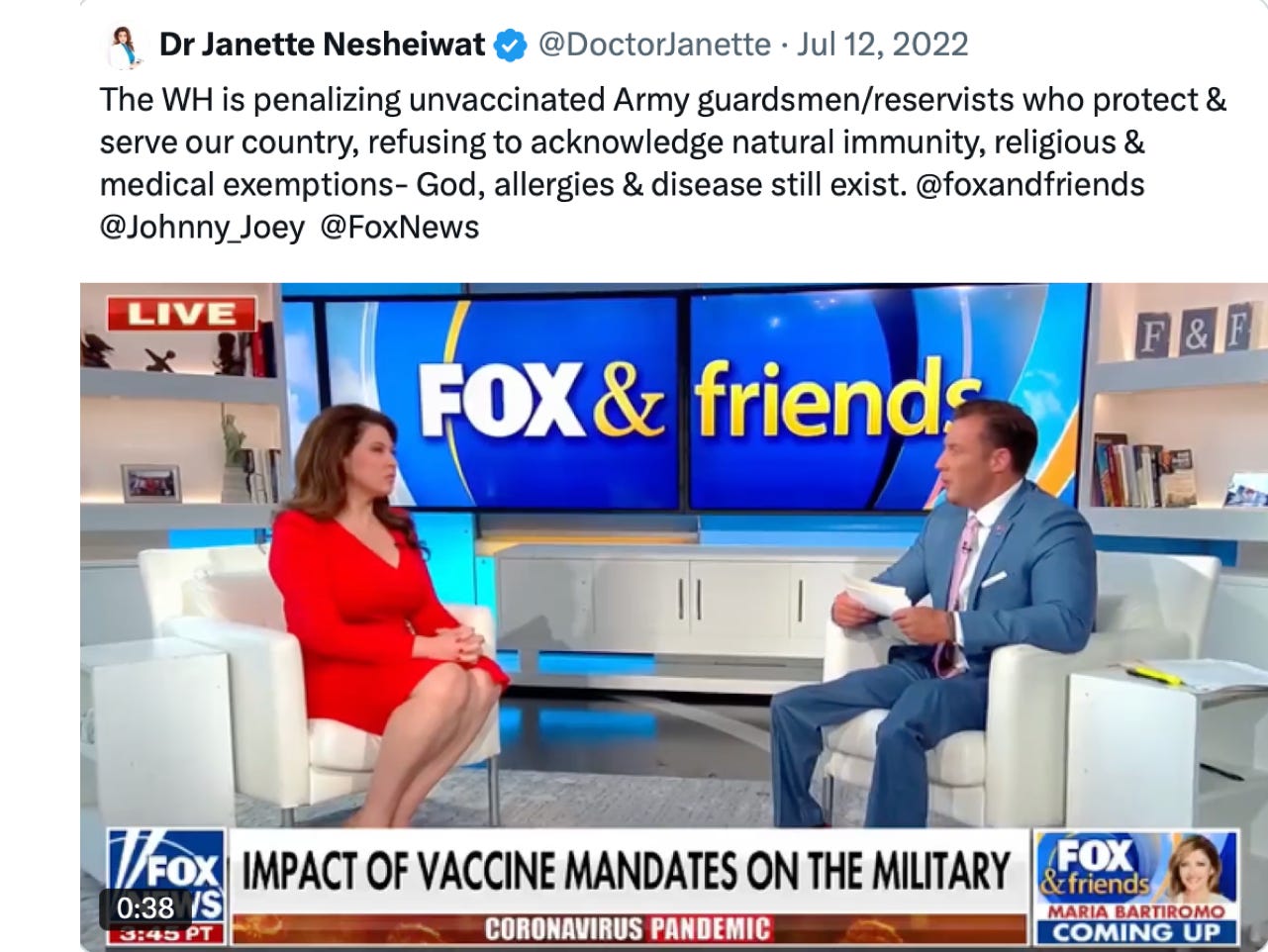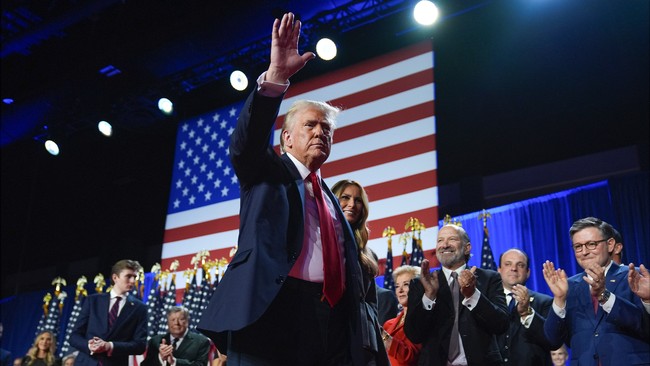Wednesday’s Wall Street Journal included an op-ed titled, “
Elon Musk and Vivek Ramaswamy: The DOGE Plan to Reform Government.” Depending on how things play out, this op-ed, which for the first time disclosed details of how the ‘efficiency’ plan will work, could become one of the Nation’s historic documents, a modern Declaration of Independence. Or re-Independence. Whatever, you get the idea.
Freedom from the Swarming Bureaucracy.

Somehow, in the rush of events this week, this historic op-ed that described
exactly how Musk and Ramaswamy plan to streamline the bloated U.S. government, got much less attention than it deserved. The plan potentially affects every man, woman, and child in the country, not to mention the vast federal workforce, and you’d think the talking heads would have something to say about it. But nope.
First, the article defined the problem: Our representative government has grown too big and unwieldy for our elected representatives to manage. Thus, over the course of time, the overwhelmed (if not outright lazy) politicians
delegated more and more management responsibility to unelected, partisan bureaucrats, assembling in the process a massive, biased federal bureaucracy that has become an anti-democratic shadow government. Elected representatives come and go, performatively figure-skating across a peaceful frozen lake, while all the real business of government frantically transacts in the churning, sunless waters concealed below the icy surface.
Whenever a particular politician stops skating and tries to peer into a crack in the ice, the pallid finger of the deep state emerges from the frozen waters and pokes them in the eye.
Musk’s op-ed answered all the many critics of the “Department of Government Efficiency,” or DOGE.
It’s been tried many times before, critics have correctly pointed out in stacks of articles and op-eds since the election.
It’s too big, at best DOGE could only clip a little off the margins they complained.
It would take more than four years, and Trump doesn’t have the time, the critics shrieked. And finally,
DOGE has no power and Trump can’t do anything without Congress.
In response, Musk announced that DOGE will have it all wrapped up in less than two years, completing its mission by July 4, 2026, well before the mid-term elections. So, it’s to be a sprint after all, and not any kind of bureaucratic marathon. They don’t expect any effective deep state resistance. This goal would seem like nothing more than a silly pot-smoker’s fantasy if Elon weren’t so well-versed in how government operates. But since the space billionaire knows his way around DC, the goal suggests instead that
speed is part of the strategy.
The article was light on particular policies, but the details it did include were practical and made sense. Elon promised the process would lean into legal and Constitutional executive powers and not rely on Congress. Remember, the deep state works for the President, our Nation’s chief executive officer. The problem for a particular president is
figuring out who exactly does work for him.
They aren’t going to slow down to try to figure out who’s infesting the deep state, so that it can be carefully pruned by hand. They plan to use a weed wacker. So, for example, Trump will cancel all the generous “work from home” policies that mushroomed up during the pandemic, which Elon and Vivek expect will “result in a wave of voluntary terminations” by employees who can no longer tolerate the thought of getting dressed and going into the office.
Similarly, the authors suggested that executive rule changes to relocate federal agencies out of DC would trigger yet more “voluntary terminations.” I guess they imagine some DC residents will reject moving for work to slower-paced, pastoral environments like
Kansas.

Next, DOGE will lean into the logic of the two recent, anti-bureaucratic Supreme Court decisions:
West Virginia v. EPA (2022) and this year’s
Loper Bright decision, which terminated the much-hated Chevron Doctrine. According to Elon, using embedded lawyers in the agencies and artificial intelligence tools, DOGE will interrogate each agency’s regulatory books, querying whether regulations confine themselves to the narrow limits of what Congress
specifically authorized.
The majority of regulations will almost certainly fail that test. Elon said they would be collected into batches and sent to Trump in a series of executive orders requiring agencies to either reform or rescind the non-compliant rules. It will be a regulatory bloodbath.
These two recent Supreme Court decisions are
critical for ensuring that the fixes stick beyond Trump’s term. As Vivek pointed out, “after those regulations are fully rescinded, a future president couldn’t simply flip the switch and revive them but would instead have to ask Congress to do so.” If I didn’t know better, I’d suspect the two decisions might be part of a much bigger plan that began during Trump’s first term.
Finally, massive cuts in regulations will necessarily make large numbers of federal workers redundant. Redundancy is one of the only ways to remove federal employees without getting tangled up in unionized federal civil-service protections. The law allows for broad “reductions in force,” so long as they don’t target specific workers. Musk promised all redundant employees would be treated respectfully, offered incentives to retire early, given generous severance packages, and aided in applying for private sector jobs.
There was much more, read the whole thing. (
Try this link if you hit a paywall.)
The bottom line was: this is a breathtaking, grand, brilliant vision. Musk and Ramaswamy answered each of the critics’ objections, and proposed an efficiency plan that, in spite of all odds, and despite and having the deck completely stacked against it,
might just work.
Media ignores thoughtful details how DOGE will do the impossible; Trump lawfare grinds to stop; Trump nominates three key health agency heads; Florida issues astonishing health guidance; more.

www.coffeeandcovid.com









